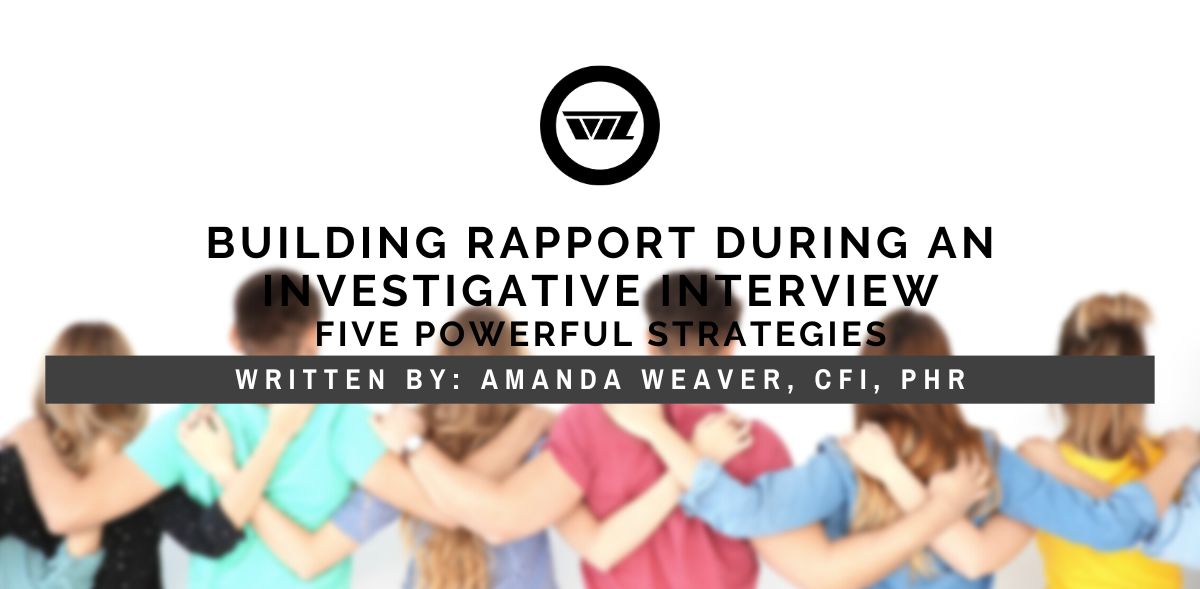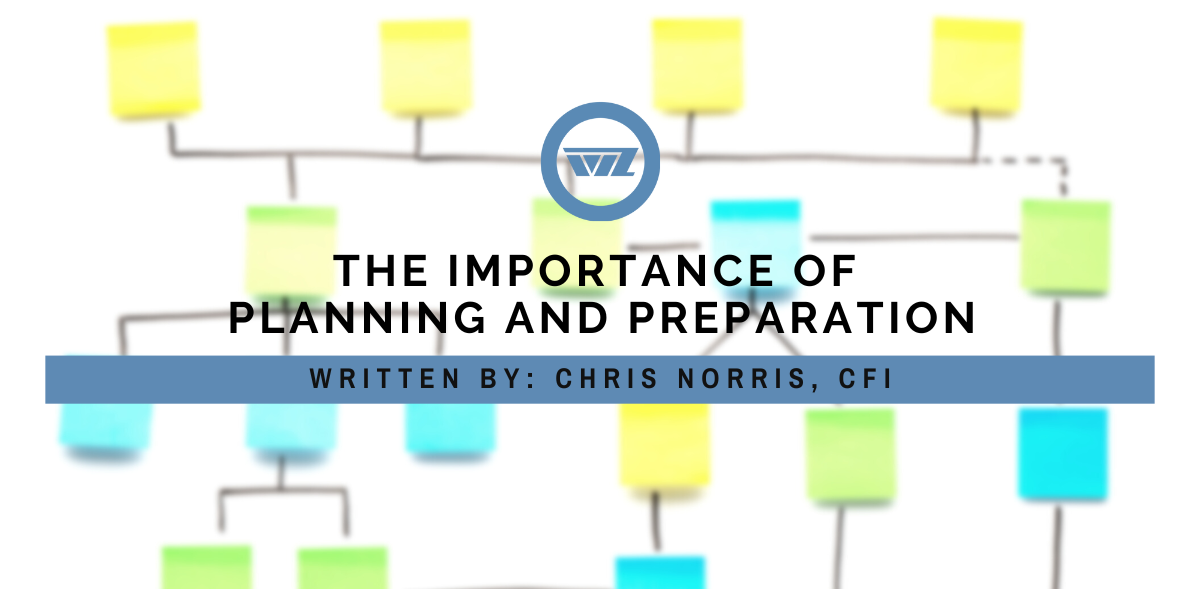Trust is an important aspect at all levels of an investigation. Your supervisors and business partners must trust that you will conduct your investigation in-line with your organization’s policies and procedures. Similarly, the victims or complainants must trust you are taking their report seriously and will investigate it accordingly. Just as important is the subject’s trust that you will conduct a thorough, fair and unbiased investigation. As much as the various players in and outside of your investigation must have trust in you, you also have to validate that the evidence you are gathering throughout your investigation is true and accurate. With trust being such a vital component of our investigation, how do we secure our trust in the information we are receiving? The answer may be easier said than executed: we must trust in order to receive trust.
Before you decide it is unnecessary to invest trust in your victims, witnesses or much less your subjects, take a moment to think about how much more credibility you and your investigation would have if the person sitting across from you in the interview room trusted you enough to tell you the truth. So how can you establish trust in the limited amount of time and interaction we may have in the interview room? The key is reciprocity: put forth an effort to show trust in your interviewee and they, in turn, will trust you. When I say “effort” all I mean is, actually hear what our interviewees are saying, be interested in what they have to share, and confirm our trust in the information they have given. Think about it like this: when your interviewee feels listened to, they feel understood and validated. When they feel understood and validated, they respect you. When they respect you, they trust you; and when they trust you, they are more apt to tell you the truth. Keeping that in mind, here are a few minor things you can do during your interview to help garner trust from your interviewee:
First impressions matter. We should always treat our interviewees with dignity and respect. Always. To earn their trust, we have to go one step further than just being professional and courteous. Greet your interviewee warmly, as your first impression to your subject may significantly impact how trust and rapport will be developed. Shake their hand and smile genuinely. A warm, inviting smile is noted and remembered. When you smile deeply, it positively affects not only your mood and physiology, but that of your interviewee as well. Throughout my professional career I have made a habit of taking 5 seconds to simply smile before I made an important call – whether it was to a victim, witness, subject, or even an organization where I was seeking employment – I always took the time to smile first before I picked up the receiver and dialed a number. To this day I do not know where I picked up that bit of advice, but I passed the same tidbit on to my mother who recently decided to enter the workforce after a 16 year sabbatical. She called me one day after receiving a turn down letter, frustrated that there was plenty of interest in her and her application, but she could not get past the phone interview. After running through some mock questions with her I ended our conversation by instructing her to smile before she answered a call from a recruiter or dialed in to a scheduled phone interview. She did as I instructed and landed the very next job for which she interviewed. Whether your interview is in person or over a phone, just take a quick moment to breathe deeply and smile.
Speak with purpose. Building trust doesn’t require an excessive amount of communication on your behalf. Being a fast talker has negative connotations, just as the word interrogation does, so make an effort to speak slowly. An interview can simultaneously be an intimate and daunting experience for all involved – investigator, victim, complainant, witness or subject – and especially for those who have had limited exposure to being in such a situation. People respond better to someone who talks slowly and deliberately. Be aware of your own actions, as well as the actions of the person you are interviewing, as many people who are nervous and in new situations tend to talk faster. The increased cadence in speech could cause a subconsciously negative reaction or bias on either side. Make an effort to convey calmness and be measured in your speech.
People like people like themselves. Take the time to authenticate yourself. Mentally, whomever you are interviewing is looking to identify some sort of connection with you, however distant. Find a similarity, shared interest, or a new interest in a topic or area that your interviewee offers during conversation or that you have identified during your investigation. While you may be inclined to snub your nose at the suggestion that you can have a shared interest with the subject of your investigation or you are stumbling over how to relate to a victim who has been sexually harassed, my advice is to really focus on the person in front of you and not the situation with which you have them associated. Are they a parent, child, brother, sister, pet owner, sports enthusiast, or the exact opposite? No matter how seemingly small or obscure this detail is, it will go a long way in terms of building trust with your victim, complainant, witness or subject.
Be an active listener. I mean really be an active listener. Listen as if your interviewee is the only person in the room. Whether they are or not, make them feel that way. Look them in the eyes and listen intently. Show your interviewee that you are listening by focusing on and digesting what they are saying. Ensure you are not interrupting them or finishing their sentences. There is no quicker way to show your interviewee you are disinterested in what they have to say than to interrupt them while they are speaking. When they are done relaying their account of events or answering your question, take a brief pause before responding. This will demonstrate that you heard what your interviewee said and that you are thinking about the information they provided. Also be sure to ask for clarification or verification of some bit of information they have provided. Showing your interest in seeking clarification further indicates that you were listening to all the details.
Ask insightful questions. Although most interviews start with some form of biographical questioning, inquiring about your interviewee’s previous mailing address and social security number is not enough of a stepping stone to encourage the development of trust. Whether you know your interviewee personally, professionally, or not at all, start with some simple small talk – how was your weekend, how is your family, what was it like growing up there, what made you decide to join the XYZ Company team, tell me more about what you do here – and so on. Whichever route you choose to take to develop rapport, be mindful that asking great questions will only take you so far. When you ask a question, no matter how mundane or insignificant to the issue at hand, make an effort to genuinely listen and understand your interviewee’s responses. While it may be difficult to feign interest, much less excitement, about your interviewee talk you through their formative years in Small Town, USA, you must remember that your interviewee will only feel comfortable sharing information with you – at any stage of the interview – if they feel as though you are not judging or scrutinizing them. Great questions lead to great answers, and those answers can assist you with the remainder of your interview and investigation.
Endorse your interviewee. This does not mean that we simply agree with our interviewees or justify any actions that are in question. Instead, the goal here is to support the interviewee’s actions of speaking with us, sharing their story, and answering our questions. Whether it is a victim, witness or subject we are speaking with, it is possible that they are going to say something or have an idea or point of view that contradicts our own. However, showing any form of disdain or disagreement in an interview is a sure fire way to hinder any further growth of trust, and could very well end the conversation all together. When people sense disagreement they put up barriers, reinforce their reasoning, and create distance – all of which are detrimental to the interview and ultimately the investigation. What we should aim to employ during the interview is the “Yes, and… Thinking” principle. This is a two part process where the “Yes” portion encourages the interviewees involvement and acknowledges the acceptance of what they have shared with us, while the “And” step encourages the interviewee to continue to share. This principle is applicable in the interview room in the form of statements such as: “How interesting. I did not know that. Tell me more about…”
Difficult and disadvantageous interviews occur when the interviewer does not invest the time and effort to build trust with their interviewees. It is often detrimental to simply initiate an interview and immediately jump straight to the issue at hand. This kind of technique does not lend to a suitable environment in which trust can be established or built. You cannot simply meet with someone for the first time, forego any attempt to establish rapport or trust, then ask someone for their honesty and genuinely expect it in return. While it may take some effort to integrate these tips at first, the more you put them into practice the sooner they will morph into your standard practice and the quicker you will be able to gain your interviewee’s trust.
Tammy L. Clark, CFE, CFI, is an instructor for Wicklander-Zulawski & Associates, Inc. (WZ).





February 1, 2020, 6:38 am
When someone writes an paragraph he/she retains the thought of
a user in his/her brain that how a user can understand it.
Thus that’s why this article is amazing. Thanks!